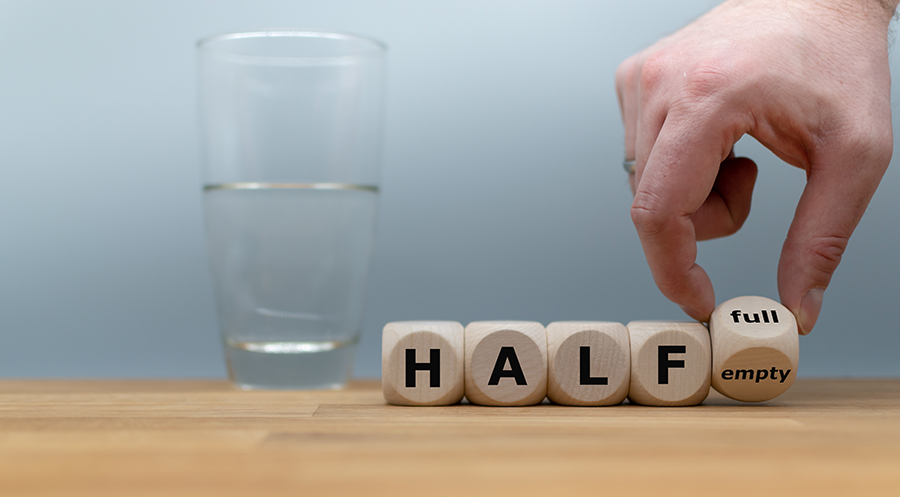Meaning of Glass Half Full: Optimism and Pessimism
When it comes to looking at the world, people tend to fall into one of two categories: optimists or pessimists. The meaning of glass half full is often associated with optimism – the belief that good things will happen and that everything will turn out alright in the end. Pessimism, on the other hand, is characterized by a general feeling of negativity and a belief that bad things are more likely to happen than good. Which side of the spectrum do you fall on?
The Glass Is Half Full
Optimists tend to see the glass as half full because they focus on the positive aspects of a situation. They believe that good things will happen and that everything will work out in the end.
Even when faced with difficult challenges, optimists look at a situation optimistically and continue to look for the silver lining. When something bad does happen, they view it as an isolated incident and believe that it won’t happen again.
The Glass Is Half Empty
Pessimists, on the other hand, see the glass as half empty. They focus on the negative aspects of a situation and believe that bad things are more likely to happen than good.
When faced with challenges, they often give up easily because they don’t believe that things will get better. Pessimists also tend to dwell on the negative and dwell on their mistakes.
A pessimistic view isn’t all bad though.
The Glass Is Half Full vs. Glass Is Half Empty Origin
The meaning of the glass being half full or half empty has been around for a long time. The first written record of it was in Aesop’s fables dating back to around 600 BCE. The story is about a man who is walking along the beach and sees a boy picking up starfish and throwing them back into the water.
The man asks the boy why he’s doing this and the boy says that if he doesn’t, the starfish will die. The man scoffs and says that there are too many starfish on the beach for him to make a difference.
The boy picks up another starfish and throws it back into the water and says, “I made a difference for that one.”
The American Heritage Dictionary of Idioms
The American Heritage Dictionary of Idioms defines optimism as “hopefulness and confidence about the future or the successful outcome of something.”
Pessimism, on the other hand, is defined as “a lack of hope or confidence in the future or the successful outcome of something.”
They’re both explanations of how a person views life. For example, a person who looks for the good in everything is an optimist while the person who looks for the bad is a pessimist.
Some more examples are if they prepare for the worst or just hope for the best.
So which is better? Is it better to be an optimist or a pessimist?
The answer may surprise you but experts say that it’s better to be a pessimist. That’s because pessimists are more likely to take action to prevent bad things from happening. They are also more likely to be realistic about a situation and not expect things to be better than they are.
So if you’re feeling down about a situation, don’t worry, it might just be the best thing for you. Who knows, with a little bit of pessimism, you might just achieve your goals.
What do you think? Are you an optimist or a pessimist?
Let us know in the comments below. And if you’re looking for more tips on how to be successful, check out our blog. We’ve got tons of great articles to help you reach your potential.
So there you have it, the meaning of glass half full. Whether you’re an optimist or a pessimist, remember that each perspective has its own set of benefits. And at the end of the day, it’s up to you to decide which one works best for you. Check out our article on what it means to touch base in business next



